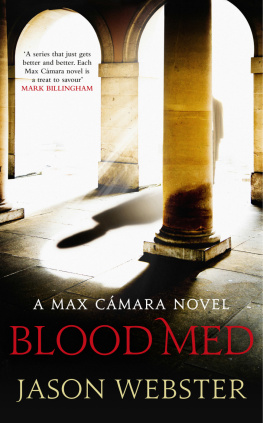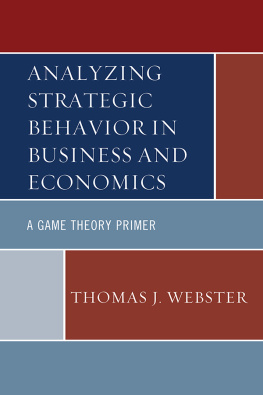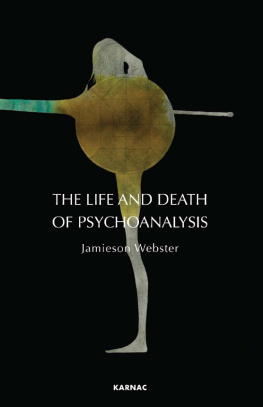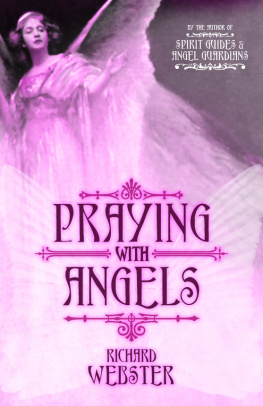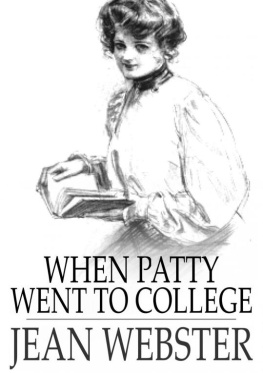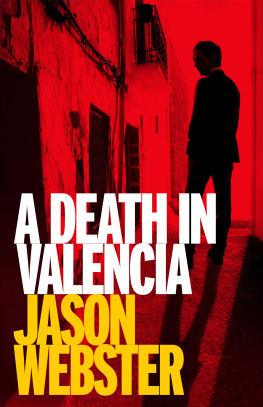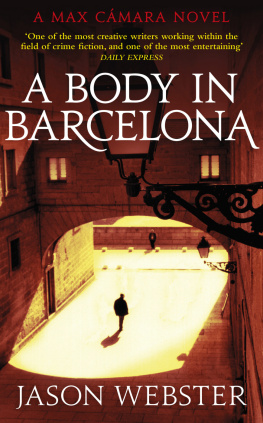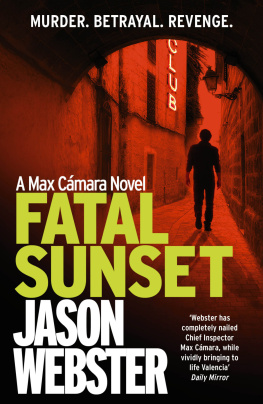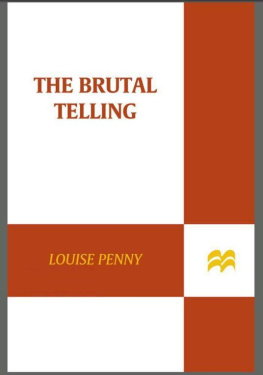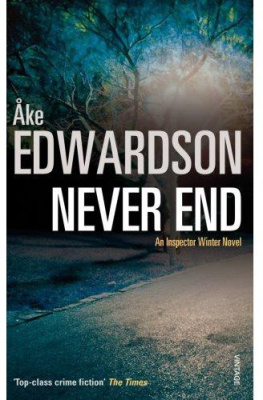Contents
ABOUT THE BOOK
Spain is corrupt and on the brink of collapse. The king is ill, banks are closing, hospitals are in chaos, homes are lost, demonstrators riot and rightwing thugs patrol the street. The tunnels beneath the streets are at once a refuge and a source of anger. And as the blood flows Cmara roars in on his motorbike ...
Cmara is back in Valencia, with his partner Alicia and his anarchist, marijuana-growing grandfather Hilario. In the old police headquarters, the mood is tense, as the chief hunts for cuts who will go, Cmara or his friend Torres? The two men are flung into action investigating the suicide of an ex bank-clerk and the brutal murder of a young American woman. As the city erupts around them, their case takes them into the heart of the trouble.
This dazzling new Cmara novel constantly surprising, full of vivid characters exposes the dark underside of todays Spain. A powerful, gripping page-turner, it confirms Max Cmara as the detective to watch, feeling the pulse of the moment.
ABOUT THE AUTHOR
Brought up in England, Jason Webster lived for many years in Spain. His acclaimed non-fiction books about Spain include Duende: A Journey in Search of Flamenco; Andalus: Unlocking the Secrets of Moorish Spain; Guerra: Living in the Shadows of the Spanish Civil War; Sacred Sierra: A Year on a Spanish Mountain and The Spy with 29 Names. The first Max Cmara crime novel Or the Bull Kills You, was longlisted for the CWA Specsavers Crime Thriller Awards New Blood Dagger 2011. This was followed by A Death in Valencia and The Anarchist Detective.
ALSO BY JASON WEBSTER
NON-FICTION
Duende: A Journey in Search of Flamenco
Andalus: Unlocking the Secrets of Moorish Spain
Guerra: Living in the Shadows of the Spanish Civil War
Sacred Sierra: A Year on a Spanish Mountain
The Spy with 29 Names: The Story of the Second World Wars Most Audacious Double Agent
THE MAX CMARA NOVELS
Or the Bull Kills You
A Death in Valencia
The Anarchist Detective
A Esther, Sebas y Rafa amigos y policas.
Pero sobre todo amigos.
Blood Med
Jason Webster

As above, so below.
Hermes Trismegistus
NOTE
There are several police forces in Spain. Chief Inspector Max Cmara works for the Polica Nacional, which deals with major crimes in the larger towns and cities. The Guardia Civil is a rural police force, or gendarmerie, covering the countryside and smaller towns and villages. Both the Polica Nacional and Guardia Civil report to the Interior Ministry, although the Guardia Civil is paramilitary and has links with the Defence Ministry.
In addition to these national forces, towns and cities tend to have a local police force the Polica Local, also known as the Polica Municipal. This deals with smaller crimes, official engagements and traffic duties, and is under the control of each respective Town Hall.
So that makes three last week alone.
Theyre on the up.
Yeah, but did you hear about the last one?
No. What happened?
Shook them up a bit.
Go on.
So this guy hes in his early seventies. But hes fit and well. I mean, hes not ill or anything. But hes divorced and his kids left home years ago, no grandchildren, so hes on his own. And his pensions been cut, what with everything going on. And the bank lost all his money. You know the Caja Levante business.
Yeah, I know someone who got stung by that.
Caja Levante are going bust so they convince him and everyone else to turn his savings into shares in the bank, then overnight the shares lose all their value. So from having about a hundred grand to see him through retirement, suddenly hes got nothing.
Wife and kids gone...
And hes struggling to get by. So he starts thinking, Whats the point? Then with everything that happened at the weekend...
What, the King?
Yeah. Seems like it was a last straw for him. So he fasts for twenty-four hours...
Why?
Wanted everything to be clean inside. Thought it would make things easier. Thats what he wrote in the note.
He explained it all?
Yeah, wrote a long note with the whole story. They found it after.
So what happened?
So he sorts out his paperwork will, household bills and all that. Even arranged for the electricity and phone people to come round and turn everything off. Then he puts on his best suit, takes a taxi to the hospital, gets out, walks to the front of A&E, makes sure one of the doctors has seen him, then stands to the side you know, where the ambulances come in and out, on the drive there pulls out a pistol and shoots himself in the head.
Fuck.
Drops dead on the spot. They tried to do what they could, but there was no chance. Then one of the nurses found the note on him, saying he didnt want to go on, that he knew the hospitals were suffering with the crisis and that he was donating his body to medicine. Like an act of charity.
Jesus. Can they? Use his body for medicine, then?
Well, there wasnt much left of his brain. But the rest of him was all right.
Fuck.
ONE
THE STORY WAS moving so slowly it made him want to reach for the remote and hit the fast-forward button. But the more trivial details the correspondents gave, the more general anxiety was produced and the more important the man lying in the hospital at the back of the shot was seen to be. This could go on for hours or even days. He should nip out and have a decent lunch; there would still be no developments by the time he got back.
Nonetheless, there was a curious fascination about it a moment in history. They would all remember this, years later. He could imagine the future conversations now: Do you remember where you were when you heard?
The King was not dead yet not quite. But the message had been repeated endlessly by the media: he had had a massive heart attack and was undergoing emergency surgery. And while no one was saying it openly, few expected him to be leaving the hospital anything but feet first.
Cmara had been on the beach with Alicia when the news reached him, enjoying one of the premature summer days that early May sometimes brought, seducing people to expose their winter-white skin for a few hours before a cool wind scattered them home in search of warmer clothes.
No te quites el sayo hasta el cuarenta de mayo, Hilario, his grandfather, had reminded him, trotting out the traditional proverb. Dont cast a clout til 40 May. But that was before they heard.
Now the temperature outside barely registered. The Kings sudden and life-threatening condition had cast a chill and semi-paralysis over the whole country.
Everyone in Homicidios was watching the television in the corner of the office as, in faraway Madrid, the authorities struggled with questions of what happened next. The Constitution was clear when it came to a simple death of the monarch. But what did they do if he was left lucid but incapacitated? The doctors might be able to keep him alive, but would he be able to function as head of state? Could the Crown Prince step in? The word abdication had been often repeated in recent years as the King visibly aged, but the idea was viewed as a taboo subject for many: the Spanish monarchy was too fragile an institution to even contemplate such a thing.
Next page
